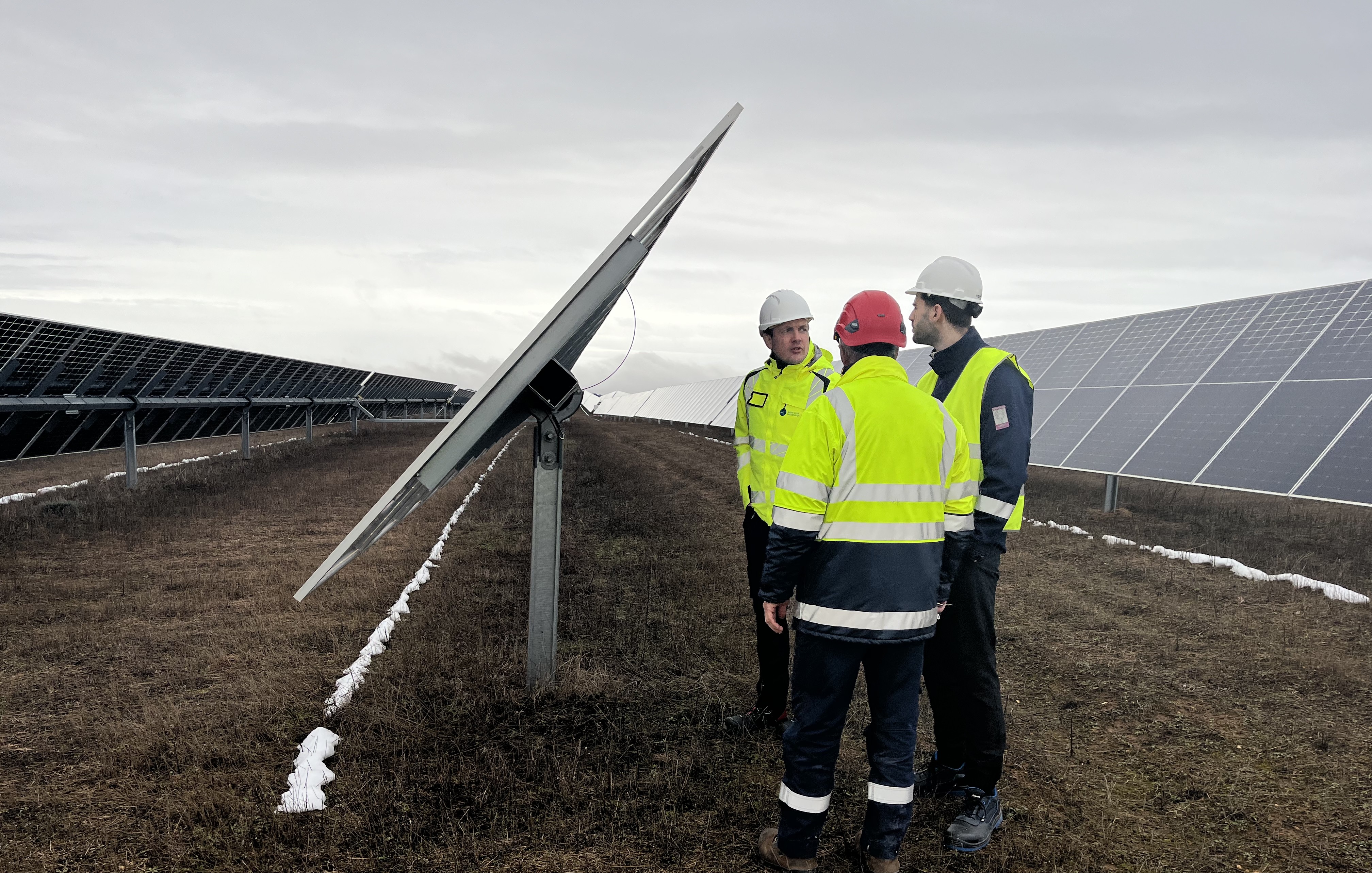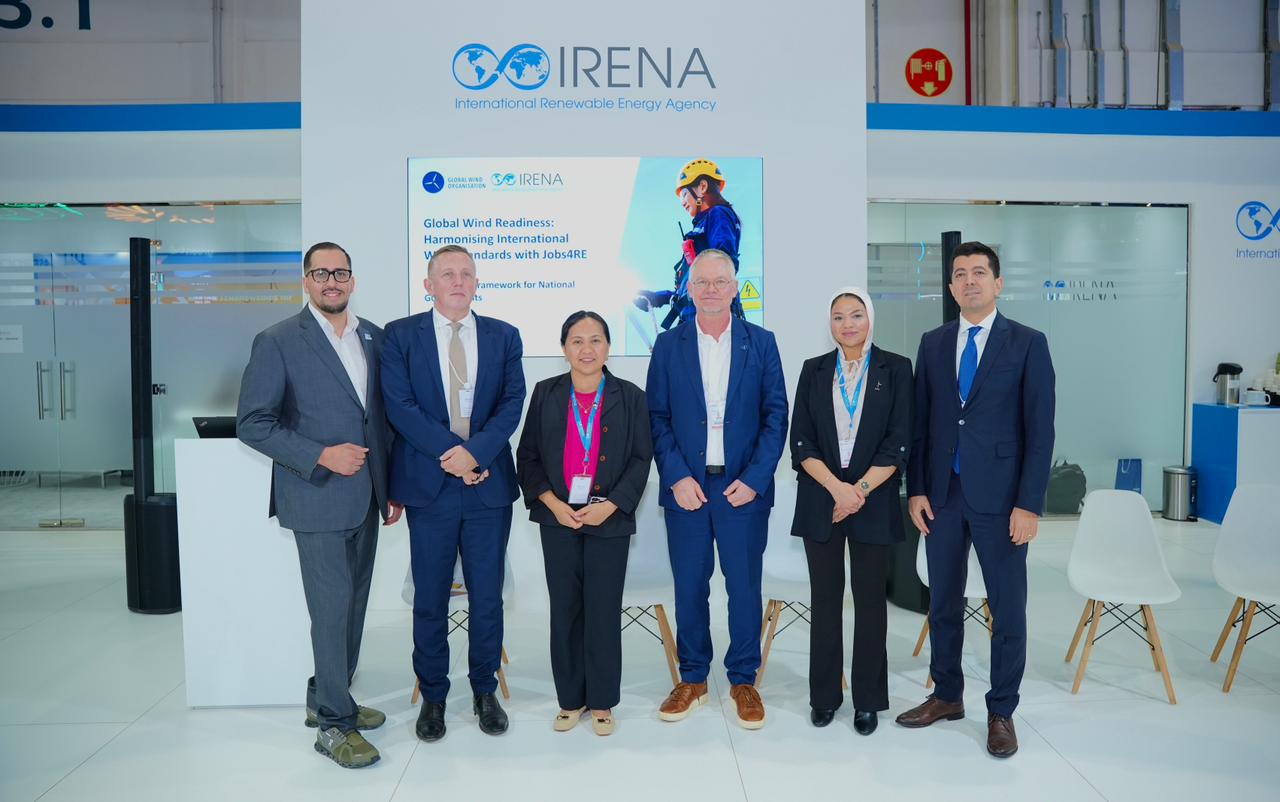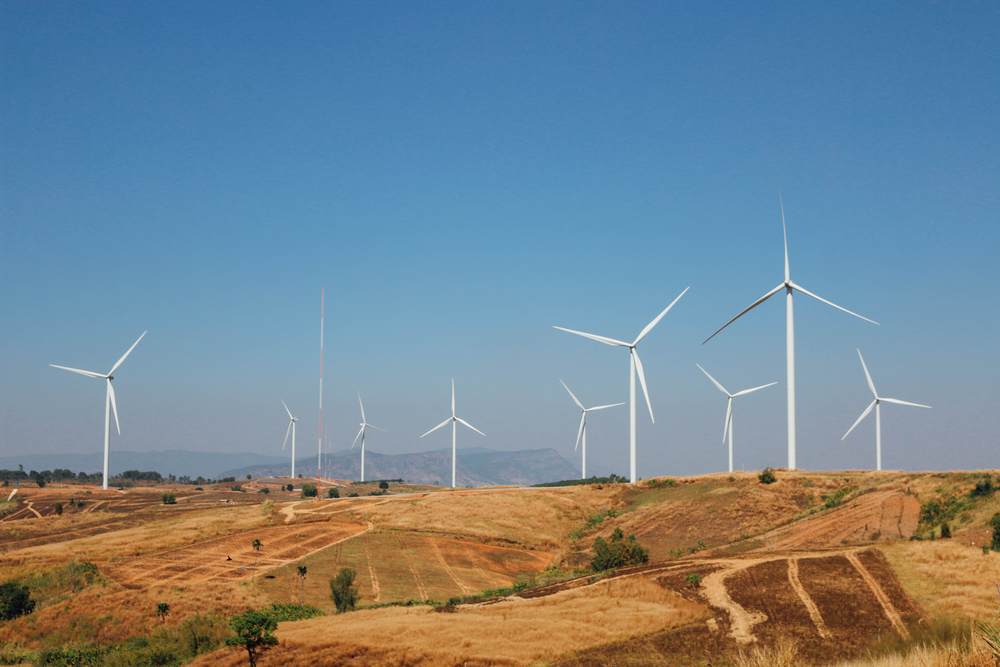The Many Faces of an Entry Level Technician
Meet the ex-military personnel and oil & gas workers working in wind.
.avif)
To help meet the global demand for clean and affordable energy sources Global Wind Organisation (GWO) commissioned an engagement project and case study report to help identify the barriers preventing skilled workers transitioning into careers in wind.
Transitioning oil & gas workers and ex-military personnel are two important sources of potential recruits for the wind industry. This article lets individuals, from both groups, tell their story.
Following our findings GWO has begun working on building a framework in collaboration with its members, industry opinion leaders and educators across the world to bring clarity on the how best to remove barriers facing entry level wind technician. The GWO Framework will be released in October.
Meet the ex-military personnel and oil & gas workers working in wind.
John Gallacher
“I’m a scaffolder and have worked on oil & gas projects for ten years and on several wind projects for four years. I really enjoy the wind projects and would like to make this my full-time career; the projects are varied, the living conditions are good, and I’ve worked with a great bunch of guys.
However, the work is seasonal so I can’t rely solely on that so if I get offered an oil & gas contract that is say a regular 3/3 schedule then I really have to take that as I need regular income. Working both sectors give me a better chance of work but it’s also expensive keeping both sets of training requirements up to date which I know puts a lot of people off.
Hopefully as the offshore wind market matures there may be more full-time jobs come available and I’ll be able to focus on a career in the wind industry.”
John Dunn
“I am a paramedic and former nurse but am now an offshore medic in O&G and wind.
Given what is happening in UK right now cost of living wise, I can’t see many people making the change as for some, the wages onshore are now more or less equal to offshore and you get your own bed, no sharing cabins and jumping through hoops for work.
It took me three years to finally get the spare cash to pay for the courses. I got a tax rebate so that’s the only reason I was able to do it.
Charles Goldwyre, Head of Operations (UK) with Deutsche Windtechnik Ltd
Charlie joined the wind industry in 2014 having spent the previous six years in the Royal Engineers and he kindly agreed to share his thoughts and experience with us:
I have worked in the wind industry for the last eight years and have thoroughly enjoyed the experience and opportunities it has provided. As the industry moves further offshore there may be a lot of opportunities for former oil & gas workers, who will be used to working in this environment and have transferrable skills. We have also had a lot of success recruiting ex-service personnel as, once again, there are a lot of transferrable skills, they are used to working outdoors and working effectively as part of a small team. There is also potentially a lot of career growth for people with the right attributes and determination to succeed. We perhaps just need to communicate these opportunities better through more interaction with colleges, resettlement providers and other associations devoted to providing career advice.
In the last two decades we have been able to witness an extraordinary development: the start of the fundamental restructuring of our energy system with the aim of a power supply from 100 percent renewable sources. We’ve come a long way but there’s still a long road ahead of us.”
Andy Allan
“My name is Staff Sergeant, Andy Allan, and I am currently in my last two months of my 24 years’ service in the Royal Electrical and Mechanical Engineers. I’m leaving the army in August and have my engineering level 3 qualification and I am NEBOSH certified.
I’m very interested in joining the wind industry but have had difficulty getting information on any opportunities or how I can transition to it.
I’d be happy to do any training required but only if I know that I have a job to go to at the end; I don’t want to invest the money and then have no job to go to.
In the forces, the last six-months service are pretty much your own so you can go on training courses and work assignments to shadow people, so you learn more about the role. It would be great if the wind industry could set up some kind of internship scheme which would enable military personnel to go and attend some company courses or work alongside technicians, so they get a better feel for what the job entails.





